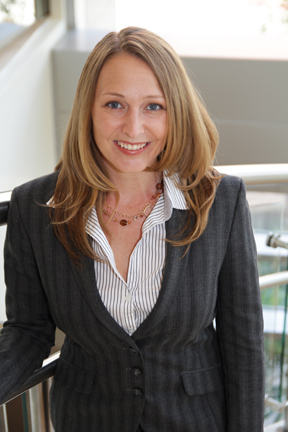 The Los Angeles Times reported in February that Los Angeles County spends $233,600 per year for each teenager it incarcerates in its probation camps. This number is alarming, particularly given that these camps are notoriously ineffective and inhumane.
The Los Angeles Times reported in February that Los Angeles County spends $233,600 per year for each teenager it incarcerates in its probation camps. This number is alarming, particularly given that these camps are notoriously ineffective and inhumane.
Locking young people up is bad public policy even at more reasonable rates given that detention has consistently been shown to be ineffective at reducing delinquency. However, allocating so much government funding to incarcerating young people crosses the line into being unconscionable given that evidence consistently demonstrates that community-based interventions are far more effective.
There has long been a disconnect between social science research and government budget priorities in the field of juvenile justice. As Peter W. Greenwood so aptly explores in “Changing Lives: Delinquency Prevention as Crime-Control,” we continue to invest resources in popular programs such as Scared Straight, D.A.R.E. and boot camps despite clear and consistent evidence that these programs are ineffective.
 The probation camps Los Angeles funds at the rate of $233,600 per youth have a reputation for fostering abusive and unsafe environments. In 2008, Los Angeles County entered into an agreement with the Department of Justice in response to the DOJ’s findings that “the Probation Camps violated youth’s constitutional and federal rights and subjected them to harm.” Given the inhumane treatment that permeates these facilities, it is even more troubling that the county pours its limited resources into them.
The probation camps Los Angeles funds at the rate of $233,600 per youth have a reputation for fostering abusive and unsafe environments. In 2008, Los Angeles County entered into an agreement with the Department of Justice in response to the DOJ’s findings that “the Probation Camps violated youth’s constitutional and federal rights and subjected them to harm.” Given the inhumane treatment that permeates these facilities, it is even more troubling that the county pours its limited resources into them.
Evidence-based research demonstrates that alternatives to incarceration offering young people support and intervention in their communities are more effective than incarceration at reducing future delinquency.
For example, Functional Family Therapy, where therapists work with young people and their families in their homes to strengthen emotional connections and to support parents in setting limits, has been proven to be quite effective in studies conducted over the past 35 years. Similarly, Multisystemic Therapy, wherein therapists provide 50 hours of counseling to youth and their families over the course of four months, in addition to providing crisis intervention, consistently reduces recidivism.
On the other hand, young people who are incarcerated experience mental health repercussions that “make it more likely that [they] will engage in suicide and self harm,” according to a Justice Policy Institute report. In addition, many “face significant challenges returning to school after they leave detention.”
Further, youth who are detained are more likely to recidivate than those who are not. A recent study found that 65 percent of youth who have been incarcerated in Los Angeles probation camps recidivate, at a rate over double that of youth who are sentenced to probation while residing in their homes.
For $233,600 per year, Los Angeles could hire several full-time employees whose only responsibilities would be to respond to the needs of a young person who would have otherwise been detained. These people could provide constant supervision, counseling, substance abuse treatment, gang intervention counseling, job training and individualized educational assistance. Providing these resources to more youth in their communities would go a long way towards improving people’s lives and towards reducing future criminal activity.
The Los Angeles-based Youth Justice Coalition advocates that Los Angeles County should reallocate just 1 percent of the funds it spends on law enforcement toward funding youth development programs. This proposal makes sense.
We ought to invest our resources into community-based interventions that have the potential to reduce crime and improve lives. Incarcerating our youth is inhumane, ineffective and wastes resources that could be used more effectively by providing resources to young people in their homes, schools and communities.
Beth Caldwell is a professor at Southwestern Law School in Los Angeles, where much of her research focuses on juvenile justice. She is a former public defender and advocate for youth.